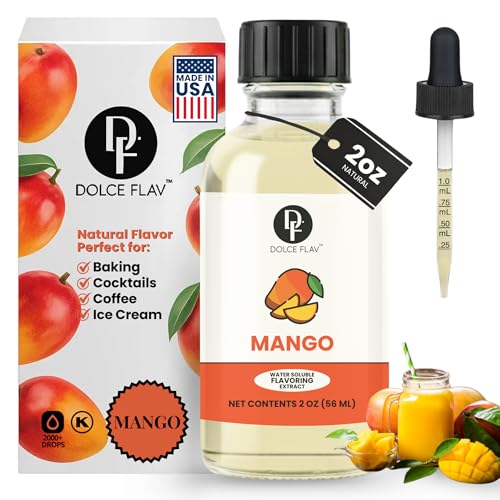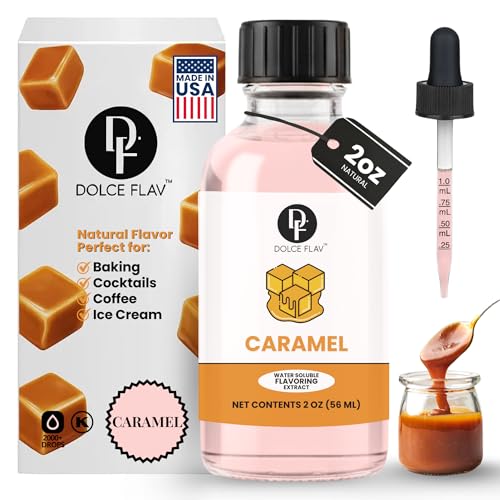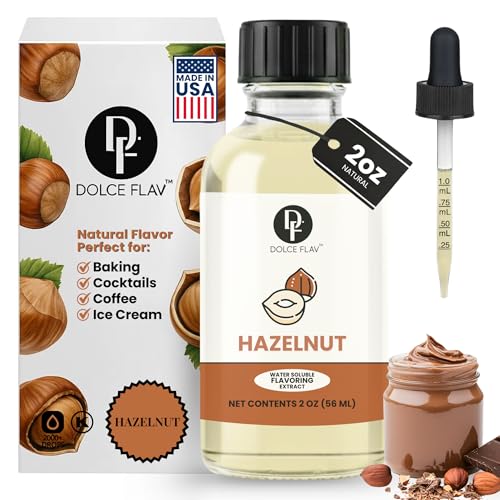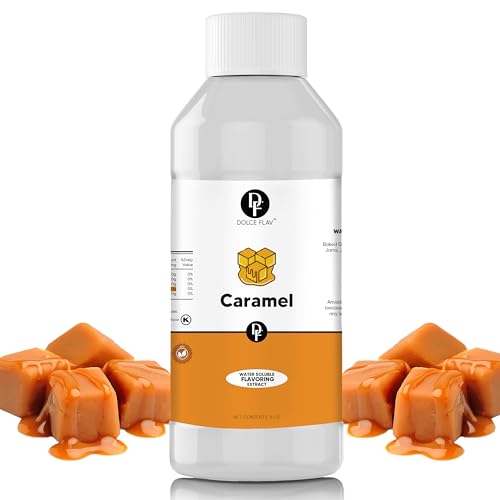Nuts have long been celebrated as a powerhouse of nutrition. Packed with healthy fats protein and fiber they’re the perfect snack to keep us energized throughout the day. But as we explore the world of flavored nuts a question arises: Are these tasty variations still a healthy choice?
Overview of Flavored Nuts
Flavored nuts offer a delightful twist on traditional nut snacks, combining the natural goodness of nuts with various seasonings and coatings. It’s essential to explore their definitions and varieties to appreciate these snacks fully.
Definition and Variety of Flavored Nuts
Flavored nuts include various nuts that are infused with spices, herbs, or sweeteners. Common varieties consist of:
- Spiced Nuts: These nuts feature savory seasonings like garlic, chili, or smoked paprika.
- Sweet Nuts: These enjoy sweetness from honey, cinnamon, or maple syrup.
- Savory Nuts: These include coatings like barbecue or ranch for a zesty flavor.
- Chocolate-Covered Nuts: These delight with a chocolate layer, often dark or milk chocolate.
Each variety brings unique flavor profiles that can satisfy different cravings while offering the nutritional benefits of nuts.
Nutritional Benefits of Nuts
Nuts pack a punch in terms of nutrition. They provide healthy fats, protein, and fiber that promote satiety. Here’s a quick overview of their benefits:
- Healthy Fats: Nuts contain unsaturated fats that support heart health and reduce bad cholesterol levels.
- Protein: Nuts offer a substantial protein source for energy and muscle support.
- Fiber: The fiber in nuts aids digestion and helps maintain a healthy weight.
- Vitamins and Minerals: Nuts provide essential nutrients, such as vitamin E, magnesium, and selenium, which contribute to overall health.
Overall, flavored nuts maintain these nutritional benefits while adding exciting flavors, though reading labels to ensure the added ingredients align with healthy snacking is crucial.
Health Concerns of Flavored Nuts
Flavored nuts can present some health concerns despite their enticing taste. Understanding these issues helps make informed choices about snacking.
Added Sugars and Salts
Many flavored nuts contain added sugars and salts that can undermine their health benefits. Sweet varieties may include sugars like cane sugar or honey, contributing extra calories without essential nutrients. Savory types often have salt for flavor, which can lead to high sodium intake. Too much sodium raises blood pressure and increases the risk of heart disease. I personally recommend checking the nutrition label to compare added sugars and sodium levels across different brands. If you’re creating your own flavored nuts, consider natural sweeteners or herbs and spices for flavoring without compromising health.
Chemical Additives and Preservatives
Flavored nuts may also include chemical additives and preservatives that can affect health. Some brands use artificial flavors or colors, which offer no nutritional value. Preservatives, while extending shelf life, often raise concerns about long-term health effects. Ingredients like BHT or TBHQ can trigger adverse reactions in sensitive individuals. Familiarizing myself with ingredient lists has been essential in my journey of creating healthy snacks. I suggest opting for products with fewer ingredients or making homemade versions to control what’s included. Making snacks from scratch allows you to avoid unnecessary additives while enjoying delicious flavors.
Comparing Flavored Nuts to Traditional Nuts
When diving into the world of nuts, it’s essential to understand how flavored nuts stack up against traditional varieties. Both types offer unique benefits, making it easier to choose the right snack for various occasions.
Nutritional Differences
Flavored nuts can differ significantly from their traditional counterparts. While both deliver healthy fats, protein, and fiber, flavored varieties may include added sugars, salts, or preservatives that alter their nutritional profile. For instance, sweetened nuts often contain excess calories from sugars, while salty nuts can increase sodium intake. I recommend always checking the nutrition labels. Aim for flavored options that have low added sugars and sodium content, keeping the health benefits intact. Homemade flavored nuts allow for better control over ingredients, ensuring a healthier snack packed with flavor.
Taste and Consumption Patterns
Flavored nuts enhance the snacking experience with their vibrant tastes. Spiced varieties, like chili or garlic, add a savory kick, while sweet versions satisfy cravings for a treat. My experience shows that people frequently enjoy flavored nuts during social gatherings or as a mid-day snack. These varieties often appeal to those seeking flavor without sacrificing the health benefits of nuts. Traditional nuts remain a reliable choice for those who prefer a classic taste or are looking for a quick energy boost. Mixing different types can create a snack that balances taste and nutrition, giving a satisfying crunch and rich flavors that everyone will love.
Conclusion
Flavored nuts can definitely be a tasty addition to my snack routine but it’s important to stay mindful of what’s in them. While they offer the same nutritional benefits as traditional nuts they can also come with added sugars and salts that might not be so great for my health.
I love the idea of making my own flavored nuts to control the ingredients and keep things healthier. Whether I’m enjoying them at a party or as a quick pick-me-up during the day I find that balance is key. So I’ll keep experimenting with flavors while sticking to the basics when I want a reliable snack.






